The Origin of Chinese Tea Culture
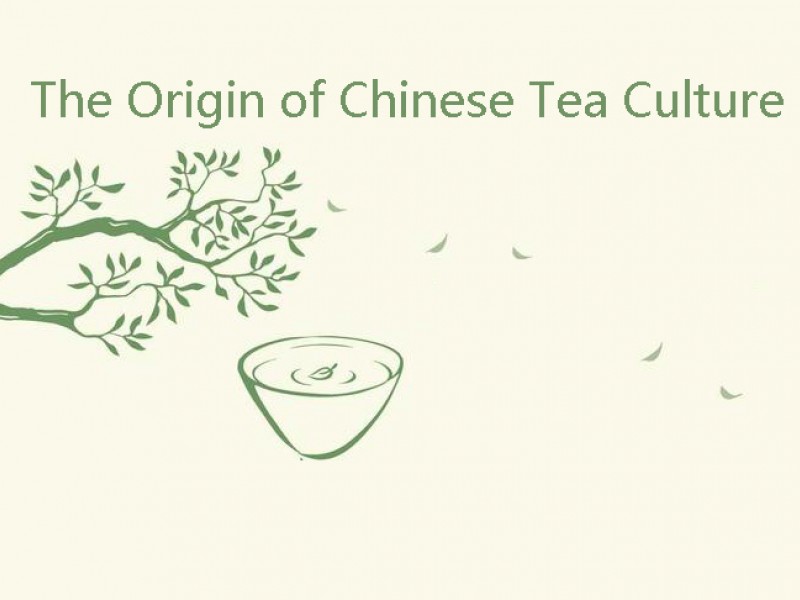
Many books date the discovery of tea to 2737-2697 B.C. The medical value of tea was recorded in Huatuo's book of diet in the Eastern Han Dynasty. In the Western Han Dynasty, the county of origin of tea was named "tea mausoleum". By the Wei Dynasty of the Three Kingdoms, "Guangya" has been the earliest recorded cake tea production and drinking. Tea appears in material form and permeates other humanities to form tea culture.
In the Jin Dynasty and the southern and Northern Dynasties, with the rise of tea drinking among literati, poems, songs and Fu about tea came out day by day. Tea has been separated from diet as a general form and entered the cultural circle, playing a certain spiritual and social role.
Lu Yu's book of tea in 780 is a sign of the formation of tea culture in Tang Dynasty. It sums up the natural and human sciences of tea, discusses the art of tea drinking, integrates Confucianism, Taoism and Buddhism into tea drinking, and creates the spirit of Chinese tea ceremony. The formation of tea culture in Tang Dynasty is related to the rise of Zen education. Because tea has the functions of refreshing and thinking, producing essence and quenching thirst, the temple advocates tea drinking, planting tea trees around the temple, making tea ceremony, setting up tea hall, selecting tea head, and presenting tea activities. Chinese tea ceremony formed in Tang Dynasty includes court tea ceremony, temple tea ceremony and scholar tea ceremony.
The tea industry in Song Dynasty had developed greatly, which promoted the development of tea culture. Among the literati, there were professional tea tasting societies, such as "Tang society" composed of officials, and "thousand people society" of Buddhists. Zhao Kuangyin, Emperor Taizu of Song Dynasty, was a tea addict. He set up tea affairs organs in the court, and tea used in the court has been divided into different levels. Tea ceremony has become a ritual system, and giving tea has become an important means for the emperor to win over ministers and cherish relatives, as well as to foreign envoys. As for the lower society, the tea culture is more lively, and the Folk Tea fighting style has brought a series of changes in the collection and cooking points
In the Ming and Qing Dynasties, there were various kinds of tea, such as steamed tea, fried tea, baked tea, etc. the drinking of tea had been changed to "making tea". Many literati and scholars in the Ming Dynasty had handed down works, such as Tang Bohu's "tea making scroll", "tea tasting picture", etc. With the increase of tea category, the tea making skills are different. The style, texture and pattern of tea set are various.
After the founding of new China, the substantial increase of tea material wealth has provided a solid foundation for the development of tea culture in China. In 1982, the first social group "tea house" was established in Hangzhou with the purpose of promoting tea culture. In 1983, the "Luyu Tea Culture Research Association" was established in Hubei. In 1990, the "China tea people association" was established in Beijing. In 1993, the "China International Tea Culture Research Association" was established in Huzhou. In 1991, the China Tea Museum was officially opened in West Lake Township of Hangzhou. In 1998, China International Peace tea culture exchange center was built. With the rise of tea culture, there are more and more teahouses around the country. The international tea culture seminar has reached the fifth stage, attracting the participation of Japan, South Korea, the United States, Sri Lanka, Hong Kong and Taiwan. "Tea Festivals" are held in various provinces, cities and major tea producing counties, such as rock tea festival in Wuyi City, Fujian Province, Pu'er Tea Festival in Yunnan Province, and tea festivals in Xinchang, Taishun, Hubei, Yingshan and Xinyang, Henan Province. They all take tea as the carrier to promote the overall economic and trade development.
The spiritual connotation of tea culture is a kind of cultural phenomenon with distinct Chinese cultural characteristics, which is formed by the combination of the habits of making, enjoying, smelling, drinking and tasting tea with the Chinese cultural connotation ceremony, which can also be said to be a kind of etiquette phenomenon.
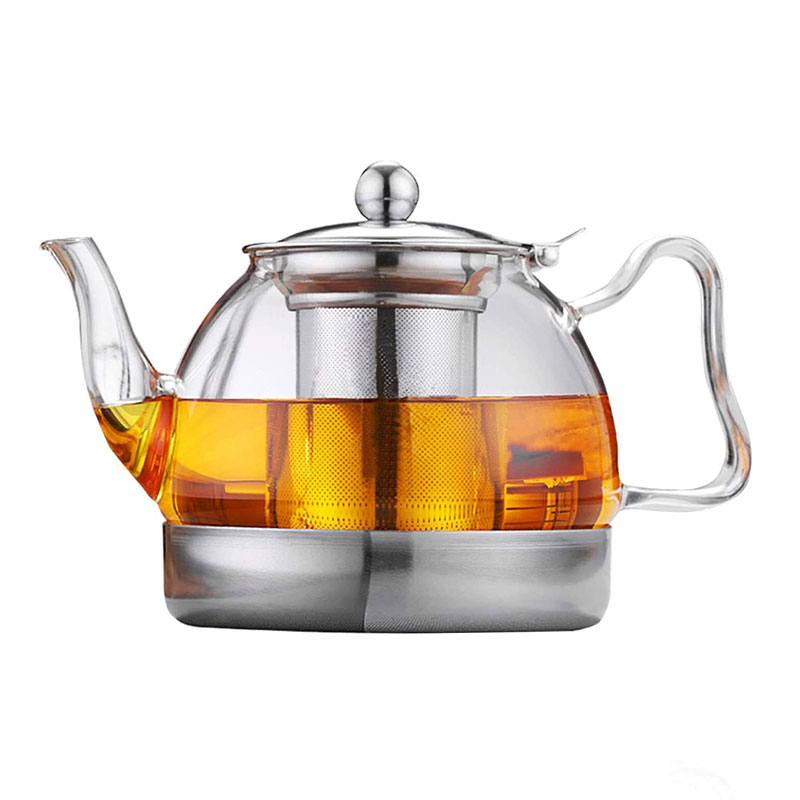
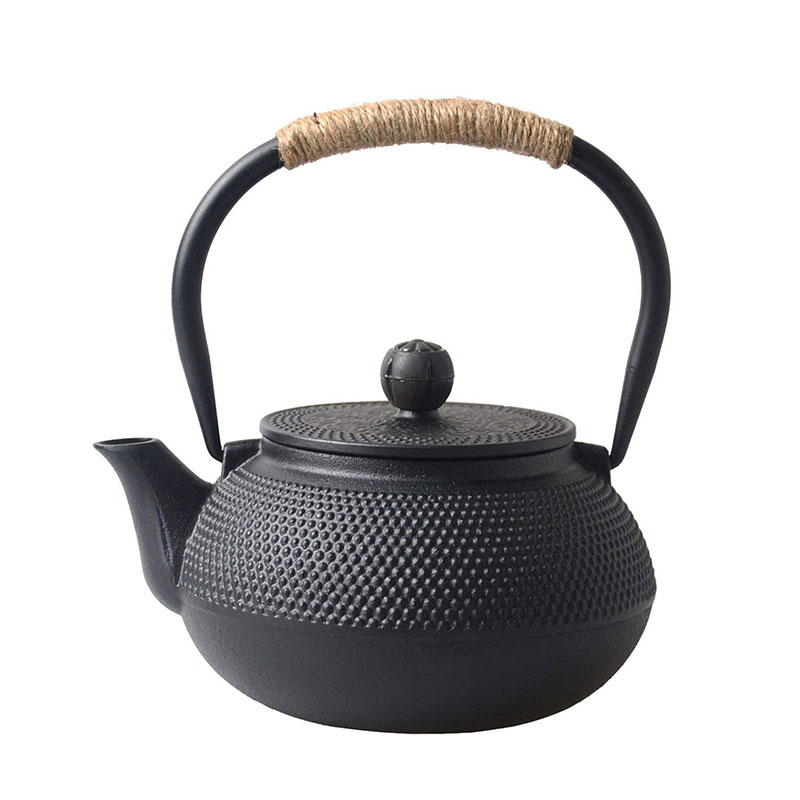
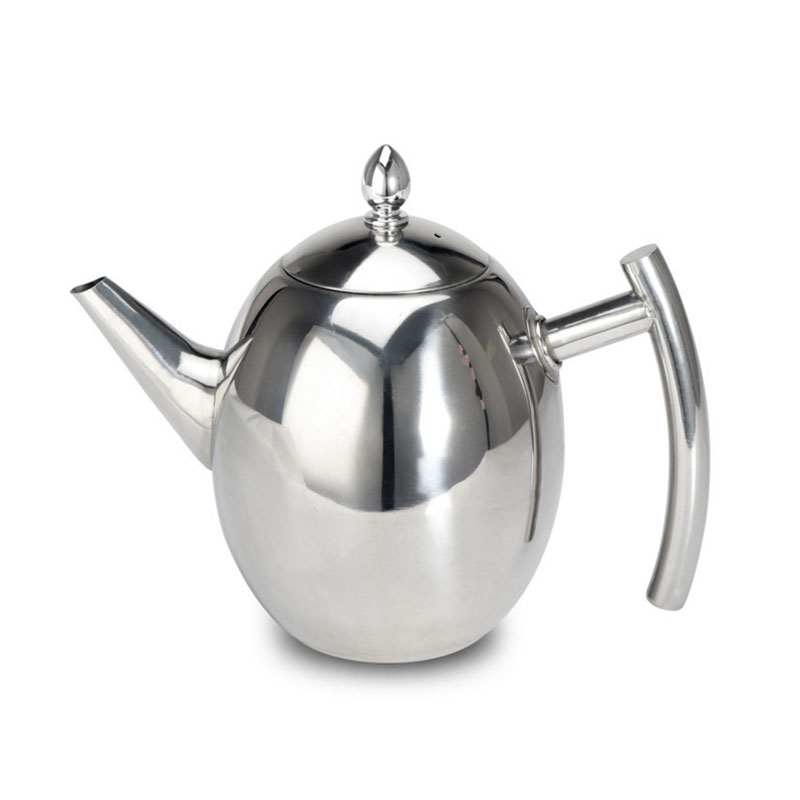
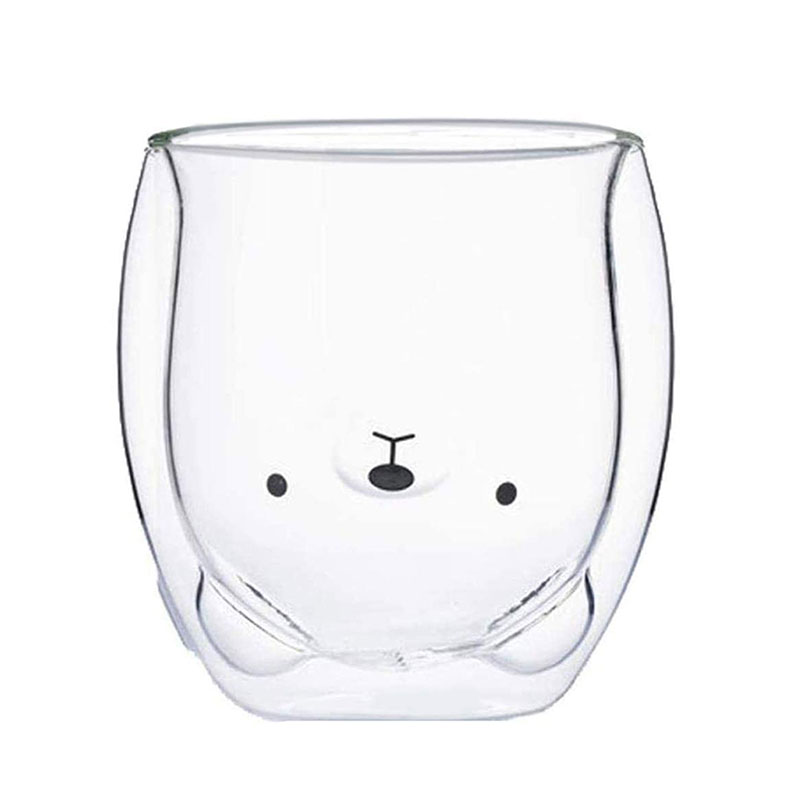
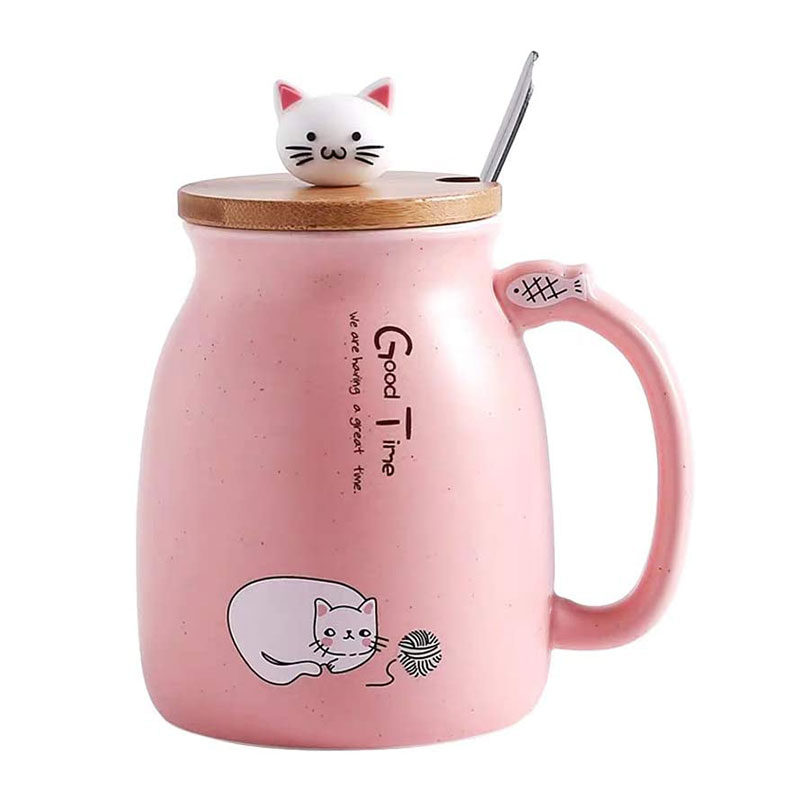
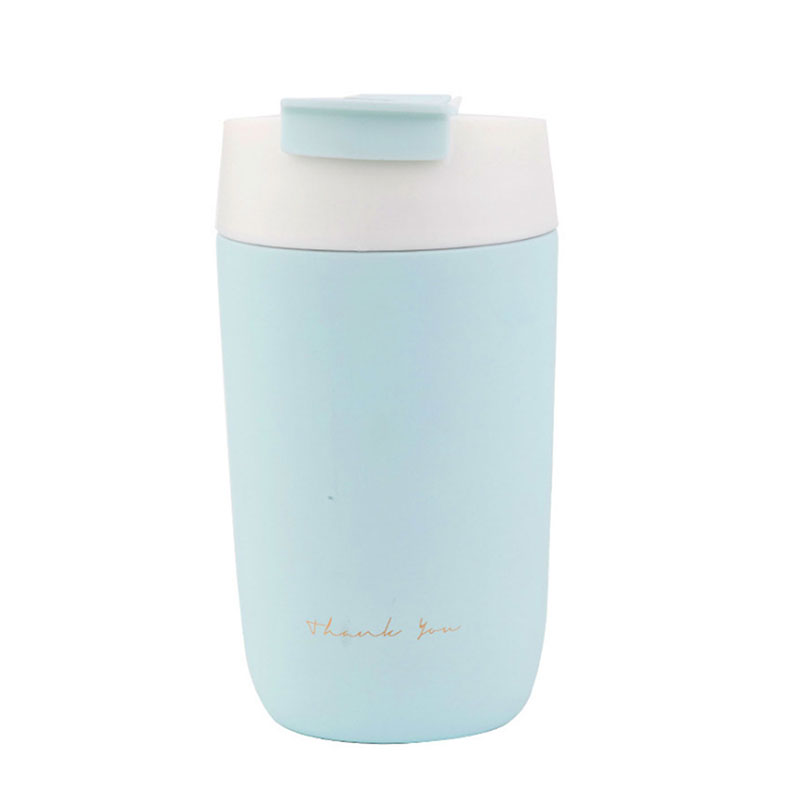



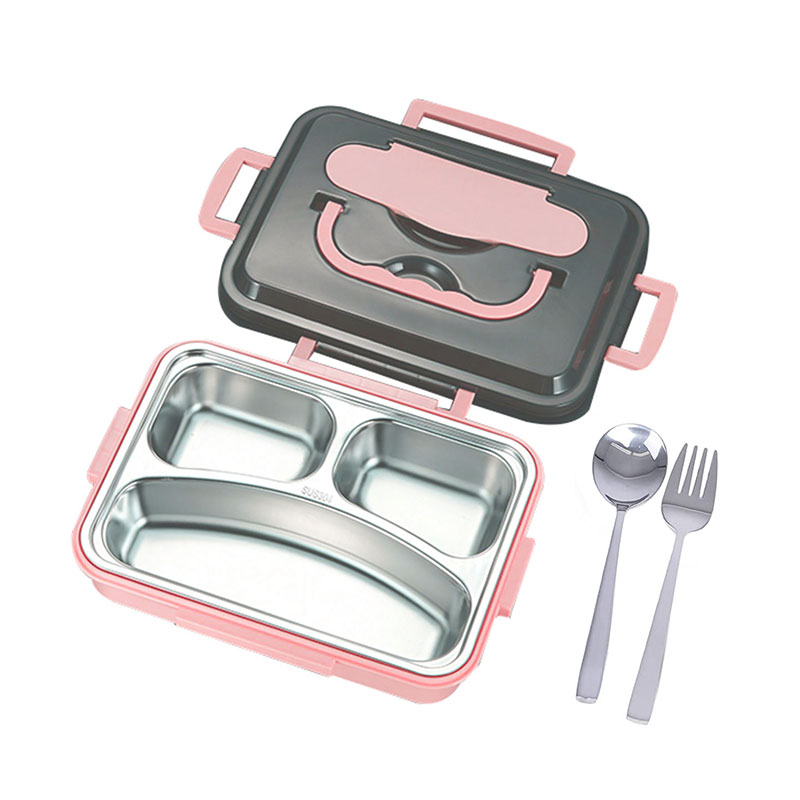
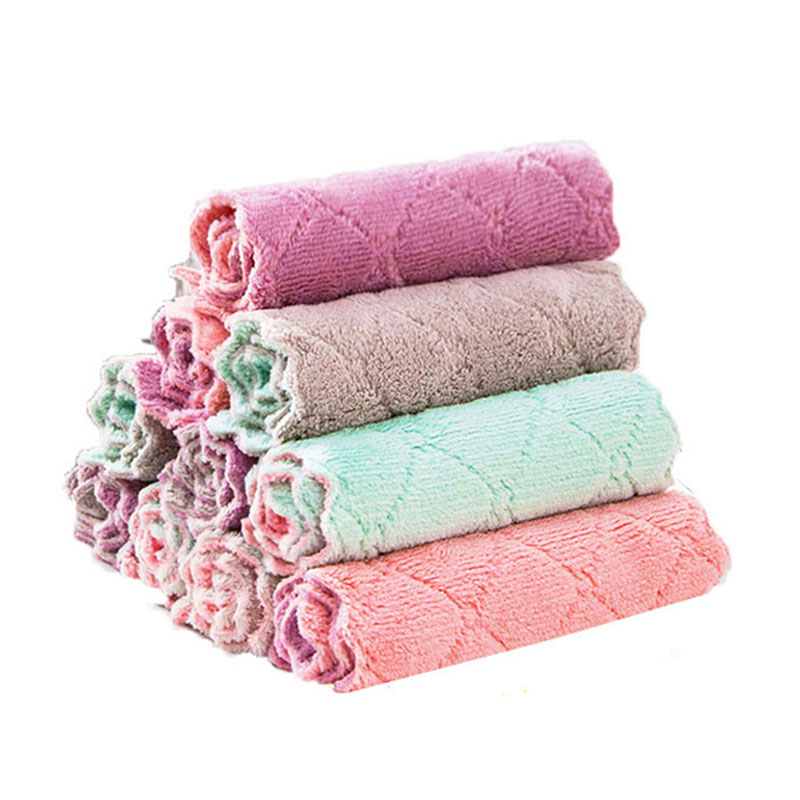
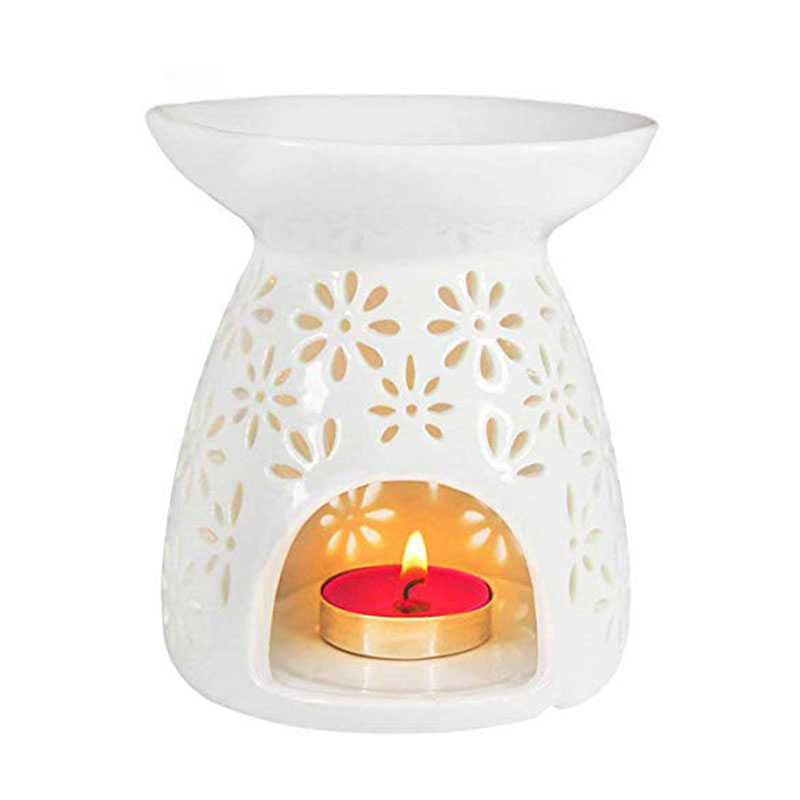
Leave a Comment